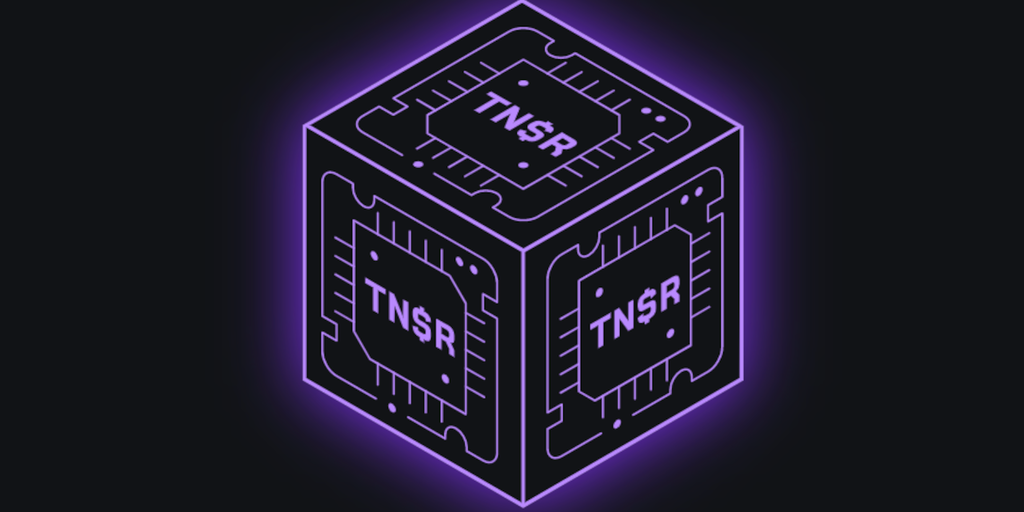In the relatively new frontier of non-fungible tokens, or “NFTs,” carefully drafted contracts with artists are critical to protecting any NFT collection. NFTs are cryptoassets with identifying codes that make them unique. Each NFT consists mainly of two parts: its digital representation, usually in the form of artwork, and its coded identification on a blockchain. Most NFT projects are the result of a healthy collaboration between a coding expert and an artist. Because digital representation is so important to an NFT’s creation, sale and retention of assigned rights, it is important that creators spend sufficient time on the underlying NFT artist contract. Failure to carefully draft an NFT artist agreement can not only lead to the artist’s injury, but also open the entire NFT project to risks, such as intellectual property piracy and outright theft.
Piracy and theft in the NFT world
One of the main features of NFTs that attract buyers is that they allow owners verifiable, exclusive ownership of the assets. Ironically, piracy and theft are rampant in the NFT world, due to the fact that adequate protections and regulations are still evolving in this relatively new market. While a foundation built on digital artwork provides greater access to artists of all skills and geographies, it creates countless opportunities for bad actors to strike as well. For example, last June the creators of Goblinass.town NFTs discovered that their entire collection of 8,888 unique Goblin Asses had been copied and posted as a separate collection for sale on the OpenSea marketplace. While OpenSea has its own authentication safeguards, they are not always sufficient. First, the speed with which transactions are carried out through the platform allows hijackers to sell a large amount of their illegal collections before their ploy is discovered and shut down. Therefore, it is up to the NFT project’s creators, coders and artists, to do everything they can to protect themselves on the front end. In the case of Globinass.town, a major shortcoming was that the collection’s creators failed to copyright their artwork. As a result, they were unable to submit a Digital Millennium Copyright Act (“DMCA”) takedown request.
Protect NFT artwork through NFT artist contracts
The encoder/coiner and an artist are the foundation of every NFT project. Usually they enter into a work-to-hire agreement. In a typical NFT work-for-hire arrangement, the artist, or independent contractor, grants the coder/minter ownership (or exclusive license) in and to his/her artwork as a digital representation of each NFT in the potential collection. This arrangement must be carefully remembered in the form of a contract before the artwork is made. The NFT artist contract should include, among other things, the following: 1) services to be performed by the independent contractor, 2) compensation, 3) legal consequences of the “work-for-hire” relationship, 4) length of the agreement, and 5) limitations of liability. Key provisions of any NFT artist contract should also include a description of the minter’s authority to obtain copyright and trademark rights in and to the underlying artwork. If these intellectual property rights are not clearly delineated in the NFT artist agreement, among other things, are missing, the project’s creators will not be able to take quick and decisive measures in the event of piracy or theft.
What can you do to protect your NFT collection?
If you plan to develop your own NFT collection, make sure your intellectual property is protected. Not only is the NFT landscape changing rapidly, but the provisions of comprehensive NFT artist agreements are also highly nuanced and complicated. Given the foregoing, it is important that you consult with attorneys experienced in the NFT area when drafting NFT artist contracts.
Similar blog posts:
Wawa, Inc. announces exciting NFT Sweepstakes gaming promotion
NFT Trademarks: DO’s and DON’Ts
How the McRib became an NFT Giveaway
The content of this article is intended to provide a general guide to the subject. You should seek specialist advice about your specific circumstances.



